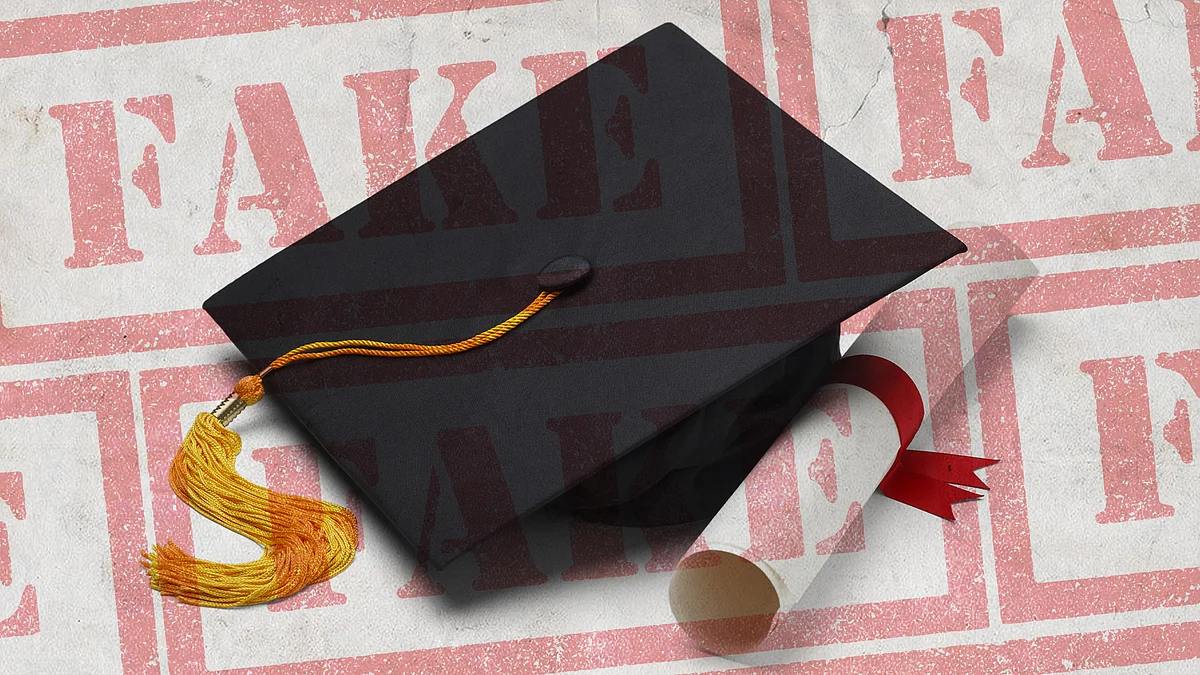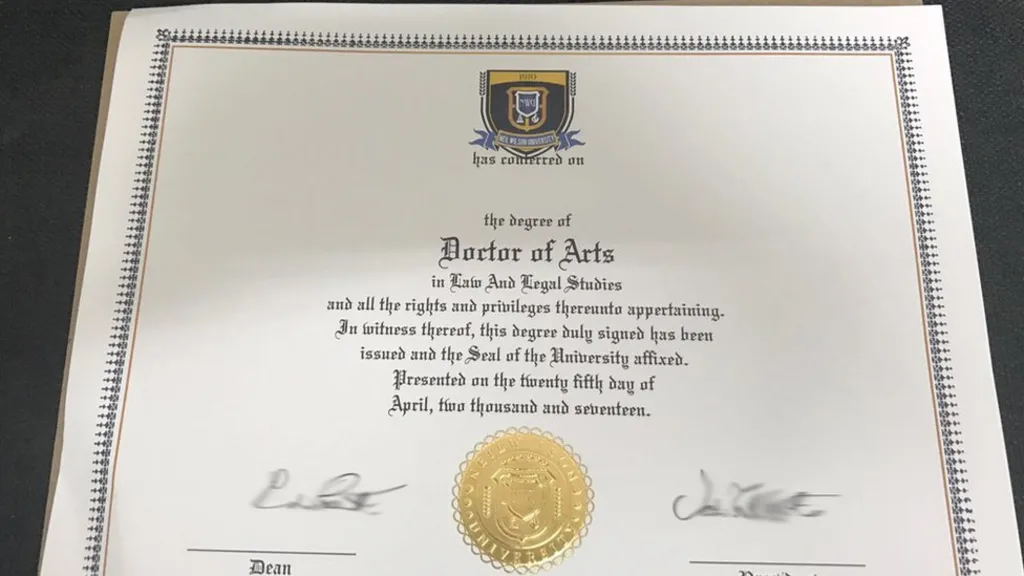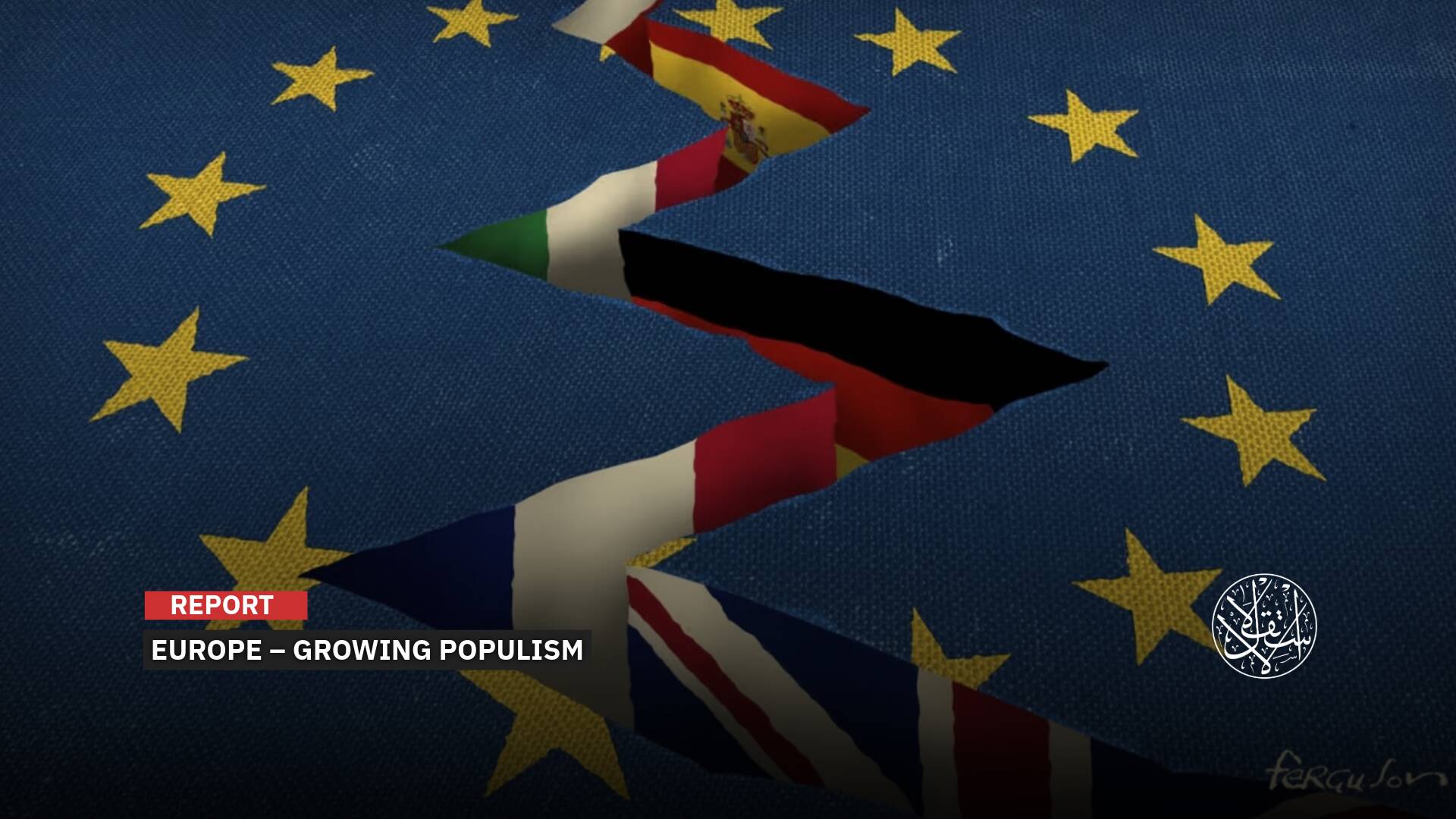Unaccredited Degrees: How Fake UK Universities Exploit Students

“Fake degrees have been spotted on auction website eBay using the University of Manchester brand.”
Distance learning has become widespread in the UK in recent decades, especially in light of the development of technology and the increased reliance on the Internet as a means of learning.
However, some of these developments have been linked to the emergence of fake universities claiming to grant academic degrees such as bachelor's, master's and doctorate degrees.
These universities are characterized by fraudulent practices aimed at exploiting individuals looking for quick and accredited degrees, but in reality they provide degrees that do not have any credibility or legal recognition.
These universities rely on exploiting the growing demand for higher education and distance learning, as they offer attractive promises of obtaining bachelor's, master's and doctoral degrees quickly and at low prices.
Observers have noted that educational fraud has increased significantly in the United Kingdom during the Covid pandemic.
Diploma Mills
Diploma Mills is a term that refers to degrees issued by fake universities that have no campus, no faculty, and are not recognized by the bodies concerned with the quality of higher education.
These universities often claim to offer prestigious educational programs and grant accredited degrees in a short period and without strict academic requirements.
While some universities provide recognized and quality distance learning programs, fake universities operate in a completely different way, focusing on providing degrees without providing proper education or training.
Fake universities rely on attractive advertisements, the lure of low fees, and promises of granting degrees quickly and easily.
These universities are promoted online, and often pretend to offer degrees in various disciplines.
They require students to pay certain fees that may reach £3000 in exchange for obtaining a degree without having to complete any real study.
These universities often manipulate academic terminology, claiming to be recognized by unknown or unrecognized international accreditation bodies.
They also sometimes provide degrees that are very similar to those issued by real universities, making it more difficult to distinguish between a real and a fake degree.
It is noteworthy that the establishment of fake universities in Britain is mainly based on exploiting the laws related to higher education.
These universities register as private educational companies without obtaining the necessary academic accreditation from recognized bodies such as the Quality Assurance Agency for Higher Education (QAA) or the Office for Students (OfS).
These institutions are usually registered under names similar to real universities or using international names to attract international students, with some distortion added to them.
Professional websites are created that advertise various educational programs offered online, and provide false promises of obtaining degrees in a short period of time and at a low cost.
The main goal of these universities is to make financial profit from selling unaccredited degrees, and the focus is often on targeting foreign students, especially from the Middle East countries, who may have difficulty verifying the credibility of these education institutions.
This approach has led many students into this trap, as they pay large sums to obtain degrees that have no accredited academic or professional value, which negatively affects their career future.

Tempting Promises
The UK government has long been working to combat the spread of fake universities by imposing strict laws on educational institutions.
These laws stipulate that any educational institution offering academic degrees in the United Kingdom must be registered and obtain the necessary accreditation from the relevant bodies.
In addition, cooperation is being made with the Advertising Standards Agency (ASA) to monitor and prevent advertisements promoting such universities.
Therefore, students should always check whether the university they wish to enroll in is accredited by government and official bodies in the UK.
They should also stay away from tempting promises, as universities that claim to offer degrees in a very short period of time and without real academic requirements are often not accredited.
All UK university websites end in .ac.uk, and the domain ending is tightly restricted, so the university is likely to be legitimate if it has this URL ending.
In turn, London-based student Karam Marei told Al-Estiklal: “While distance learning offers great opportunities for students around the world, students must be careful not to fall into the trap of fake universities.”
“The UK has a high-level education system, but such universities operating illegally damage the reputation of education,” he added.
Mr. Marei called on students wishing to study at any UK university to verify the legitimacy of those universities before enrolling in any program to ensure that they obtain a real, recognized degree.

Government Crackdown
Over the past few years, dozens of fake university websites have been shut down in the UK as part of a government crackdown on degree fraud, according to Jisc, the UK’s higher education technology and information agency.
Among the fake universities shut down was Newcastle Business School, which claimed to take thousands of British students to its campuses each year.
The closures are the result of a crackdown on fraudulent websites impersonating genuine universities, launched by the UK government in 2015 to protect the international reputation of UK universities.
An agency set up to investigate the issue, Higher Education Degree Datacheck (Hedd) said it has received reports of more than 300 fake institutions, and has helped shut down 80 unlicensed providers.
A BBC investigation in 2014 found a website selling fake degrees from the University of Kent for £500.
In January, Suffolk Trading Standards shut down a fake university website that was aiming to scam international students.
The website called itself College of Suffolk, and claimed the university was founded in 1990 and was located on Queen Street in Ipswich. The website used images of the real University of Suffolk.
It is the second time such a fake college has been foiled by Trading Standards – an identical scam using the same name and information was closed down in 2019.
The website was being run from Hong Kong and while Suffolk Trading Standards have had no reports of victims in the UK there may be some overseas.

Among the fake universities that were shut down was the Open University of Manchester, which advertised degrees for up to £35,000 on its website.
According to the BBC, fake degrees have been spotted on auction website eBay using the University of Manchester brand.
Jayne Rowley, the chief executive of Hedd, said: “This is damaging the reputation of our higher education system, but it is a global issue.”
She also pointed out that the majority of websites are based outside the UK, so combating fake universities requires international cooperation.











